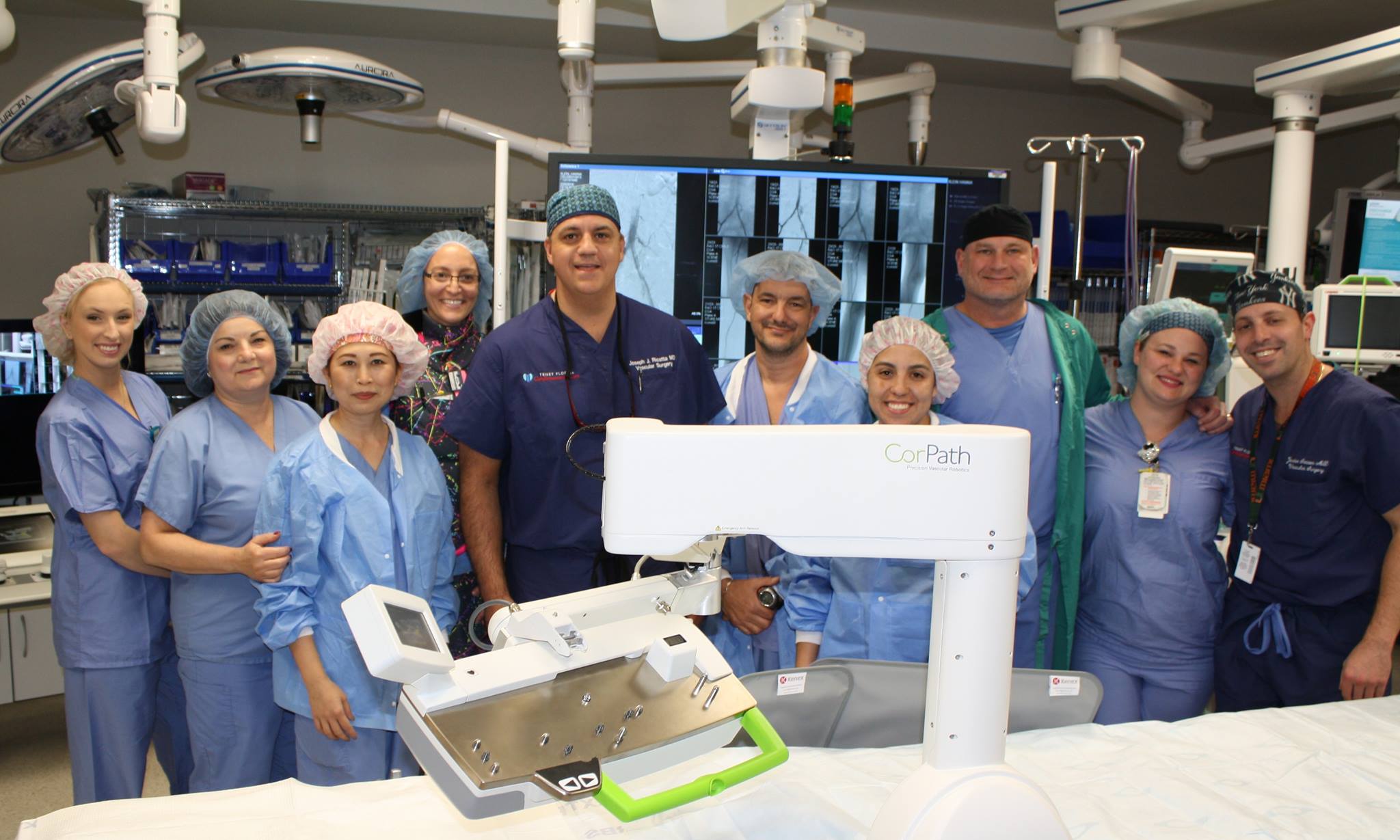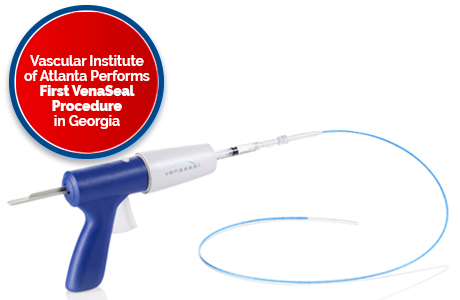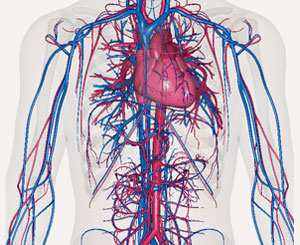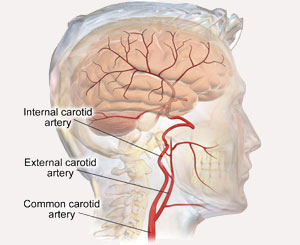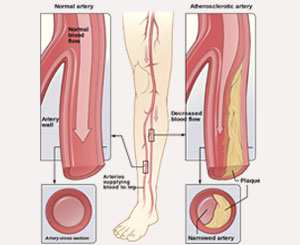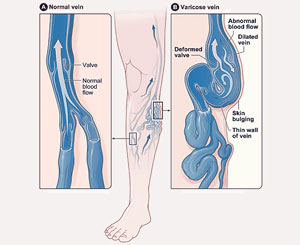If you’ve suffered from a stroke at some point—or know someone who has—it’s common to find yourself having to make a few lifestyle changes in order to accommodate the residual effects of your condition. Since many stroke victims have a difficult time eating or drinking, changes may need to be made to the consistency of your food. With that, in order to reduce your chances of having another health setback, you may also be encouraged to make substitutions in your overall diet.
What Does a Post-Stroke Diet Include?
Proper recovery entails prevention, since the last thing you need is to suffer from another stroke. When it comes to keeping your body healthy and functioning properly, one of the greatest things you can do is to eat a clean diet. Generally speaking, consuming food that is low in fat and salt, and high in fruits and vegetables reduces your greatest risk factors for stroke since they go towards the mitigation of things like high blood pressure, high cholesterol, obesity, and diabetes.
Still, it’s important to consult with your doctor regarding what types of food work best in your situation because certain medications may interact with what you eat. If you’re working hard to find your way back to normal after a stroke, the last thing you want is to have a reaction to your food.
Once the recovery process begins, stroke victims may also struggle with poor nutrition because they may not be getting enough nutrients from what they eat. At times, this can be due to a simple loss of appetite, but it’s often the result of other issues such as problems with memory, swallowing, or the ability to use a fork or spoon. If you’ve found this to be a problem and you’ve lost too much weight, it’s important to realize that excessive weight loss can drastically slow down your recovery.
Therefore, while I will reiterate the importance of working closely with your doctor when planning a proper diet for your situation, there are general guidelines which can help along the way.
1. Fruits and vegetables pack a nutritional punch and are also a great source of fiber. Shoot for getting 5-7 servings per day.
2. Whole grain breads and cereals are an integral part of a healthy diet, and studies have shown that they may reduce the risk of stroke. Try to consume 2-4 small servings per day.
3. Lean protein is important since you’ll need to limit the amount of cholesterol you consume. Opt for low-fat meats, fish, or other protein sources twice a day.
4. Too much salt can cause your body to retain water and raise your blood pressure, so consider substituting salt for a variety of flavor-filled herbs and spices when cooking. If eating something from a box or package, make a point to read the label and stay away from foods with a high sodium content.
5. Breakfast is still the most important meal of the day. Aside from the fact that it gets your body going, it also goes a long way towards making you feel healthier. Studies show that people who regularly eat breakfast feel less hungry throughout the day and subsequently snack less.
6. Opt for whole grains since things like white pasta and rice have been stripped of the majority of their fiber, as well as their nutritional content. Consider things like brown rice, quinoa, and whole wheat pasta instead.
7. Make eating healthy easy by prepping healthy foods in advance. You’re more likely to reach for vegetables or fruit if they’re cleaned, cut, and ready to eat. It may take a bit of effort, but it will save you from being in a situation where you grab unhealthy foods because they’re convenient.
8. Keeping a food diary can go a long way towards helping you not only see what you’re eating on an everyday basis, but to encourage accountability. Part of the recovery process involves a commitment, so keeping tabs on your daily habits is important.
9. Use smaller plates and bowls to keep your portion sizes in check. It may seem somewhat silly, but studies have continually shown that using smaller dishes helps us eat less.
In the end, while it’s important to consider general healthy-eating guidelines, it is still important to work with your doctor on establishing the best plan for your body. If you’d like some more information or would like to schedule a consultation, please feel free to call our office.
Dr. Joseph J. Ricotta II MD, MS, FACS
Vascular Institute of Atlanta
www.AtlVascular.com
470-355-3053

